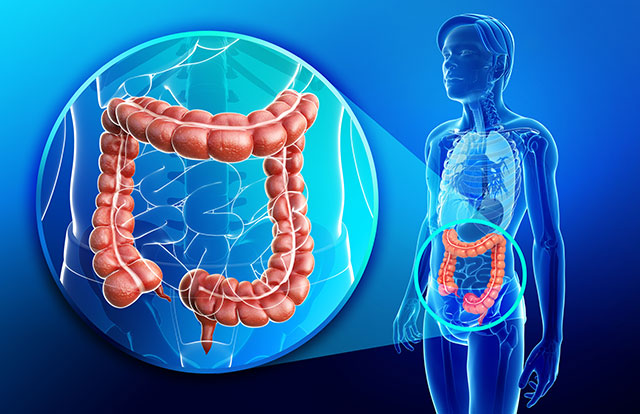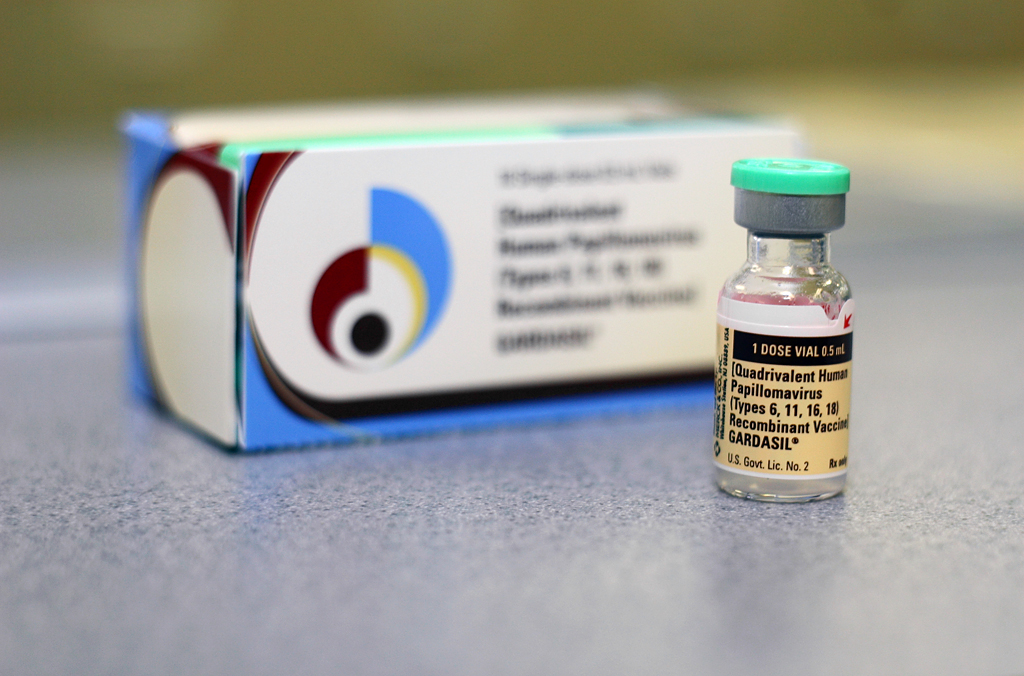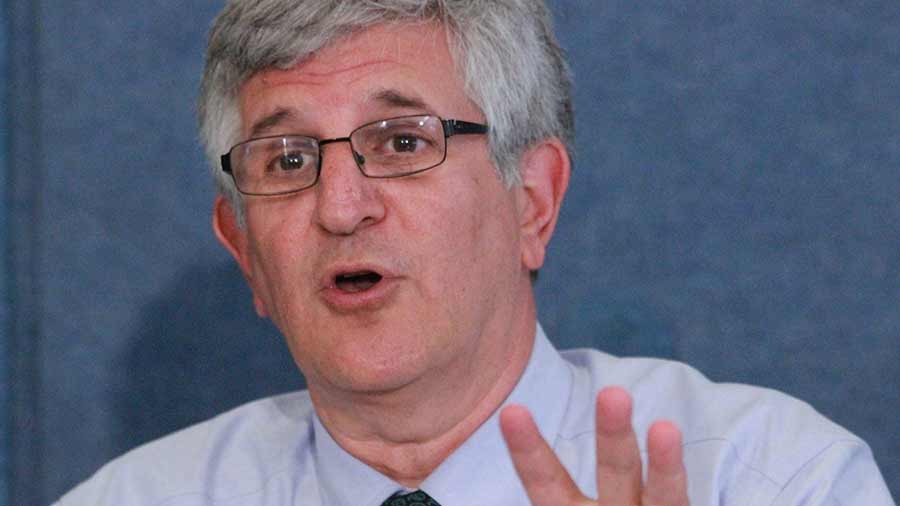Experts warn: Popular weight-loss drugs could cause DEADLY side effects
03/10/2023 / By Belle Carter

Scientists and medical experts warned against the use of popular weight-loss drugs Wegovy and Ozempic as they may cause a potentially deadly side effects. The monthly journal Acta Pharmaceutica Sinica B published a study in which researchers found an “increased risk” of intestinal obstruction when taking those medications.
The drugs mimic the effects of Glucagon-like peptide 1 (GLP-1), a hormone that slows the movement of food through the intestines, making a person feel full longer. The authors believe the medications may cause a person’s small intestine to become enlarged, which puts them at high risk of a potentially deadly blockage in the digestive system.
“While their efficacies and safety profiles are widely accepted, long-term adverse events such as the increased risk of intestinal obstruction have been reported in diabetic patients, which is 4.5 times higher than those receiving other glucose control medications,” the researchers wrote.
They cited a real-world study of 25,617 subjects that demonstrated a 3.5-fold increase in the intestinal obstruction rate associated with Glucagon-like peptide-1 receptor agonists (GLP-1RA) treatment, a class of medication used to treat Type 2 diabetes in patients on metformin.
Also, the enlargement of the intestine occurred at around 20 months of taking GLP-1 drugs. The team pointed out that clinical trials for Wegovy, which has a sticker price of over $1,000 per month, only went up to 16 months. This means that significant long-term side effects may have been missed.
Intestinal obstructions occur when a blockage prevents food and liquid from passing through the intestines. One of the earliest signs someone is suffering an obstruction in the intestine is a loss of appetite and constipation. The condition can cut off the blood supply to part of your intestine, with the lack of blood causing the intestinal wall to die. Sufferers are also at a higher risk of peritonitis, a potentially deadly infection within the abdomen.
Intestinal obstruction is responsible for around 30,000 deaths in the U.S. every year.
Best-selling author and corporate consultant Carey Yazeed took Ozempic to lower her blood sugar levels. Five weeks into taking the medication, she found herself unable to move off the bathroom floor. “I had vomited so much that I didn’t have the energy to get up and I was basically lying in it,” she said. “I couldn’t even raise my head to vomit in the commode. It was so bad.”
Patients who stop taking Wegovy and Ozempic regain weight
In clinical trials, Wegovy was shown to reduce body weight by around 15 percent. However, medical practitioners say that the meds need to be taken for life because people will pile the pounds back on when they stop taking them.
Dr. Christopher McGowan, a North Carolina-based weight loss expert, told DailyMail.com that using the drug for weight loss is a lifelong commitment. (Related: With 1 in 5 kids now obese, Pharma sets sights on $50B market for weight-loss drugs.)
“It’s very similar to how we treat other diseases like high blood pressure or high cholesterol. If you start a medication, if your cholesterol and your cholesterol improves, you don’t stop the medication. You stay on it,” McGowan said.
Weight management expert Dr. Holly Lofton added that appetites may feel even bigger than they were before they lost the weight.
“When you’re at that max weight loss, your body’s hunger hormones are the highest,” she said. “So if you lose 50 pounds and regain 25, your hunger is the highest when you’ve lost the 50. And even when you regain the 25, it doesn’t go back to baseline; your hunger is higher than prior to losing weight.”
Naples, Florida resident Eli Diaz, 35, said her doctor first prescribed Ozempic in February 2022 before switching her over to Wegovy a month later. She also made some lifestyle changes, including altering her diet and exercise. She lost 22 pounds from February to May. However, she was forced to stop taking Wegovy due to an unrelated thyroid issue. Over the next six months, she gained all of the weight back.
Follow PrescriptionDrugs.news for more about the harmful side effects of pharmaceutical drugs.
Watch this episode of “The HighWire with Del Bigtree” about the American Academy of Pediatrics greenlighting dangerous drugs for obesity.
This video is from the The HighWire with Del Bigtree channel on Brighteon.com.
More related stories:
Forget diet drugs: Learn how natural vitamin D can help you maintain a healthy weight.
Sources include:
Submit a correction >>
Tagged Under:
Big Pharma, Carey Yazeed, celebrity diet, Chelsea Handler, deception, diabetes drug, Elon Musk, GLP-1 drugs, intestinal obstruction, medications, obesity, obesity drug, Ozempic, research, Type 2 Diabetes, Wegovy, weight loss drugs
This article may contain statements that reflect the opinion of the author
RECENT NEWS & ARTICLES
BadDoctors.News is a fact-based public education website published by Bad Doctors News Features, LLC.
All content copyright © 2018 by Bad Doctors News Features, LLC.
Contact Us with Tips or Corrections
All trademarks, registered trademarks and servicemarks mentioned on this site are the property of their respective owners.



















